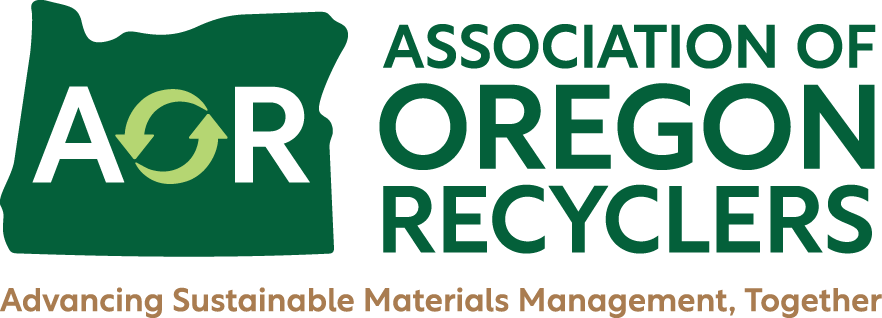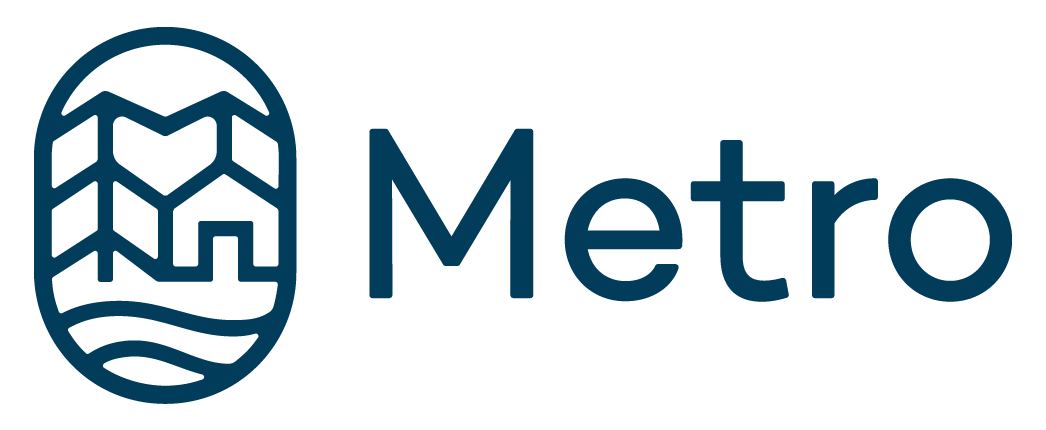National News
APPLY NOW: Free Grants for 2019 Resource Recycling Conference
The Recycling Partnership, in association with Resource Recycling, Inc,. is pleased to announce the fourth annual Steve Thompson Memorial Grant, giving free travel, accommodations and registration for the 2019 Resource Recycling Conference to the chosen winners.
US Chamber Foundation expands Beyond 34 recycling initiative
The U.S. Chamber of Commerce Foundation, Washington, has announced the expansion of its Beyond 34: Recycling and Recovery for a New Economy initiative. The expansion includes applying the Beyond 34 model in a second region and developing a suite of online tools to allow any community to implement the model.
WPI professor calls trade wars a wake-up call for the recycling industry
Currency fluctuations, international political uncertainties and now tariffs that are hitting recycling businesses and consumers hard. A WPI engineering professor said the tariffs could turn out to be good for the recycling industry, if they are seen as a wake-up call.
Cracking Down on Dirty Recycling
As of March 1, Southbridge Massachusetts recycling bins with contents that are more than 15 percent non-recyclable materials won’t be emptied during their scheduled pickup every other week, interim recycling coordinator Anna Smith said. Letters notifying residents and property owners of the plan went out this week. Inspectors also put stickers on offending residents’ bins.
Rethink, Retool, Then Recycle?
Last year, China cracked down on recycling imports, forcing cities to get cleaner and more creative with their trash. So where does the market stand? Is recycling on the rocks, or poised to go bigger? How have cities addressed the constriction of the China market, and what have they done to improve the quality and frequency of their recycling programs?
Lack of demand could sink ocean plastics recycling program
Envision Plastics has had success integrating marine plastics into the supply chain. But if more brand owners don’t step up to purchase the material, the whole effort may have to scale back, an executive at the reclaimer said.
Reidsville, N.C.-headquartered Envision Plastics has processed millions of pounds of plastic at risk of entering the Caribbean Sea, calling the recycled resin OceanBound Plastic.
AF&PA lists 2019 top advocacy priorities
The American Forest & Paper Association (AF&PA), Washington, has announced some items that top its 2019 advocacy priority list.
SWEEP Seeks Public Input on Draft Municipal Waste Standard and Cities to Conduct Pilot
Rob Watson, who founded the Leadership in Energy and Environmental Design (LEED) standard, began developing a new standard that aims to push the solid waste industry toward sustainability.
The Solid Waste Environmental Excellence Protocol (SWEEP) is a market transformation standard that will identify and reward public and private sector leaders in sustainable materials management, similar to what LEED did for buildings.
Date labeling initiative helping to reduce food waste
The Grocery Manufacturers Association, Washington, D.C, recently shared the results of its date labeling initiative that narrowed the array of product labels to two options: “best if used by” and “use by.” Since launching in 2017, 87 percent of products now carry the streamlined labels, according to the latest data from consumer packaged goods companies that was released in GMA’s new report, “Best If Clearly Labeled.”


